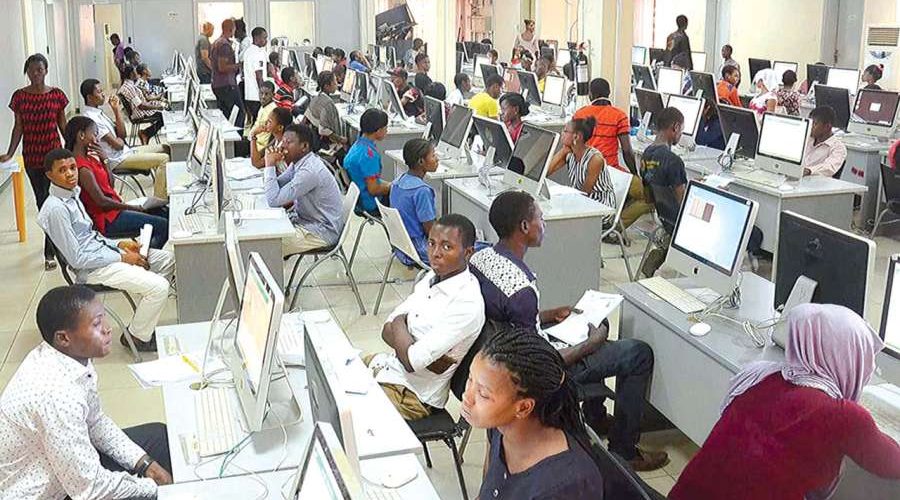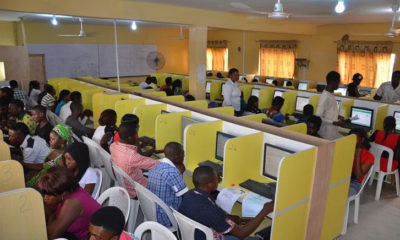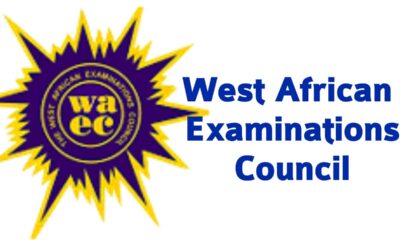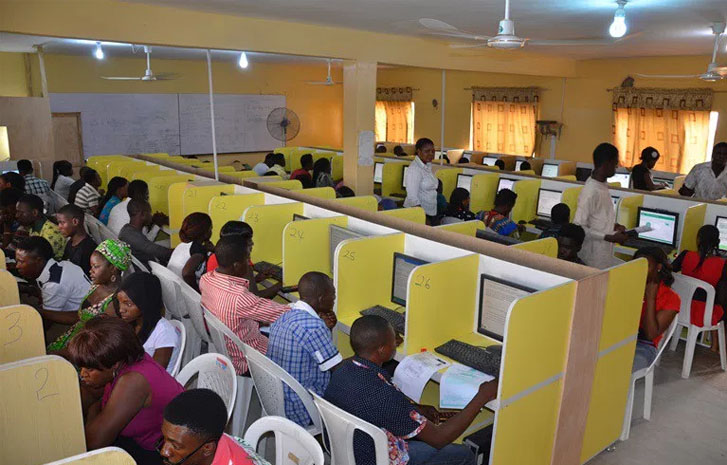Investors King gathers that the UTME is an assessment examination conducted annually by JAMB for candidates who want to secure admission into tertiary institutions in Nigeria.
Prospective candidates are expected to purchase their forms and commence registration from today, Saturday, January 14, 2023.
JAMB also disclosed that it would close the sale of forms and registration of candidates on Tuesday, February 14.
Also, the board started the sale of Direct Entry (DE) application documents in Nigeria and foreign centres, adding that direct entry applicants from Polytechnics and Colleges of Education can obtain their forms from centres close to them.
It further stated that candidates applying for the entrance examination into the various tertiary institutions in Nigeria are advised to keep in mind that PIN vending for the UTME examination would also end on Tuesday, February 14, while the registration portal will be shut down on Friday, February 17.
This process is also applicable to foreign students at the accredited JAMB registration centre.
Moreover, candidates have been admonished to open a new email or have a valid existing email account before starting the process as part of the requirements to sit for the examination.
For the general entry candidates seeking admission into the Universities, Polytechnics and Colleges of Education, are required to have at least five (5) credit grades in their O’level with English and Mathematics compulsory to qualify them to sit for the examination.
However, the direct entry candidates are to obtain a minimum of five (5) credit grades in their O’level with English and Mathematics compulsory as well as a distinction or upper credit in their polytechnic or college of education.
The general and direct entry candidates are allowed to use not more than two sittings of their Senior School Certificate Examination (SSCE) certificate to qualify them for the examination ahead of the 2023 academic session across all tertiary institutions in the country.
For admission into first degree, National Diploma (ND), National innovation Diploma (NID) and Nigeria Certificate in Education (NCE) programmes, five (5) O level credit passes including English Language are required while credit in Mathematics is required for law and science-based and social science programmes.
A statement by JAMB had disclosed that the Direct Entry (DE) registration would commence from Monday, 20th February and run till Thursday, 20th April, 2023.
JAMB spokesman, Dr. Fabian Benjamin, in the statement, confirmed that the decision was taken at the end of JAMB’s management meeting.
It further said that Saturday, 29th April, 2023, had been fixed for the conduct of the 2023 UTME, and the examination was expected to run till Monday, 12th May, 2023.
JAMB added that it had also fixed Thursday, 16th March, 2023, for the conduct of its optional mock-UTME.
It noted that interested candidates would be required to pay the sum of N1000 service charge for Computer Based Test (CBT) centres for the conduct of mock examination at the point of registration so as to prevent a situation where candidates would indicate interest to sit for the mock-UTME leading the various centres to commit human and material resources only to stay away on the day of the examination.

 Billionaire Watch3 weeks ago
Billionaire Watch3 weeks ago
 Startups4 weeks ago
Startups4 weeks ago
 News4 weeks ago
News4 weeks ago
 News4 weeks ago
News4 weeks ago
 Bitcoin4 weeks ago
Bitcoin4 weeks ago
 Naira4 weeks ago
Naira4 weeks ago
 Forex3 weeks ago
Forex3 weeks ago
 Treasury Bills4 weeks ago
Treasury Bills4 weeks ago






















